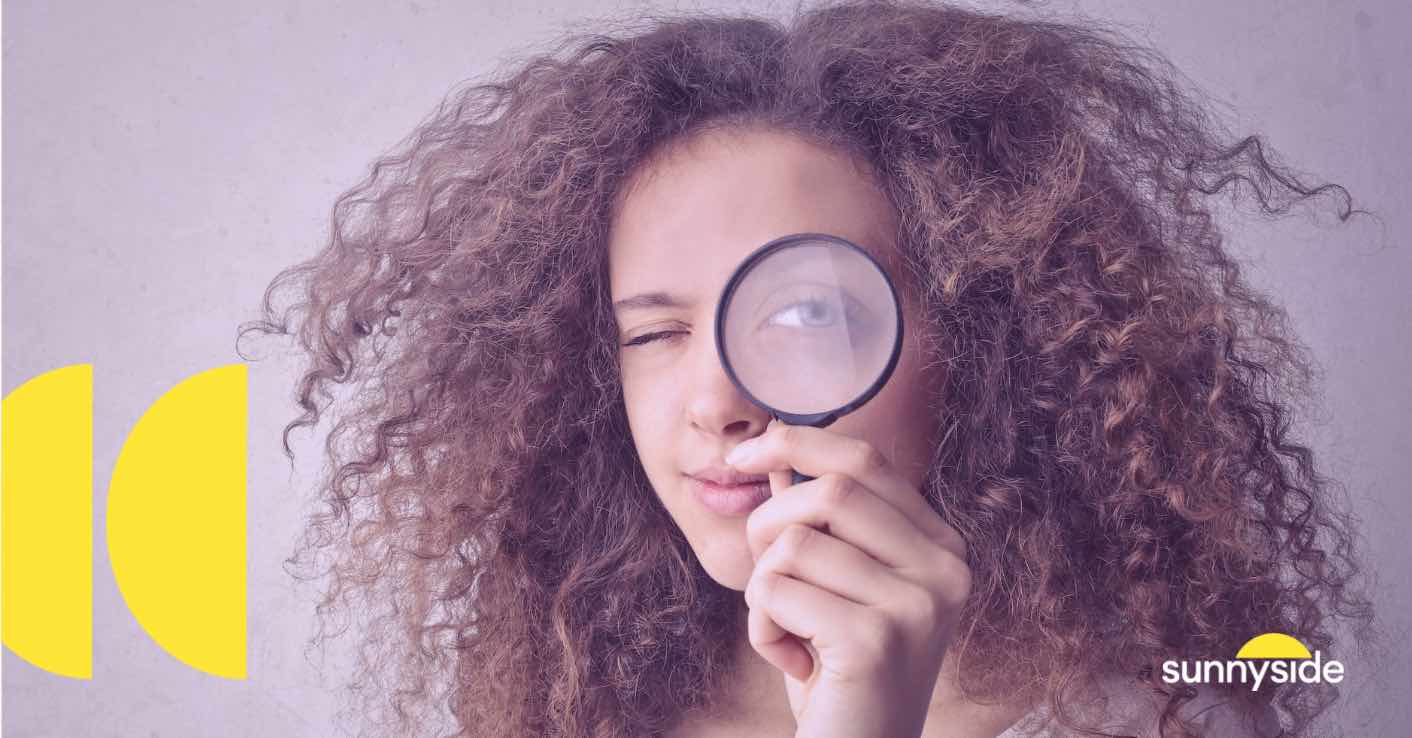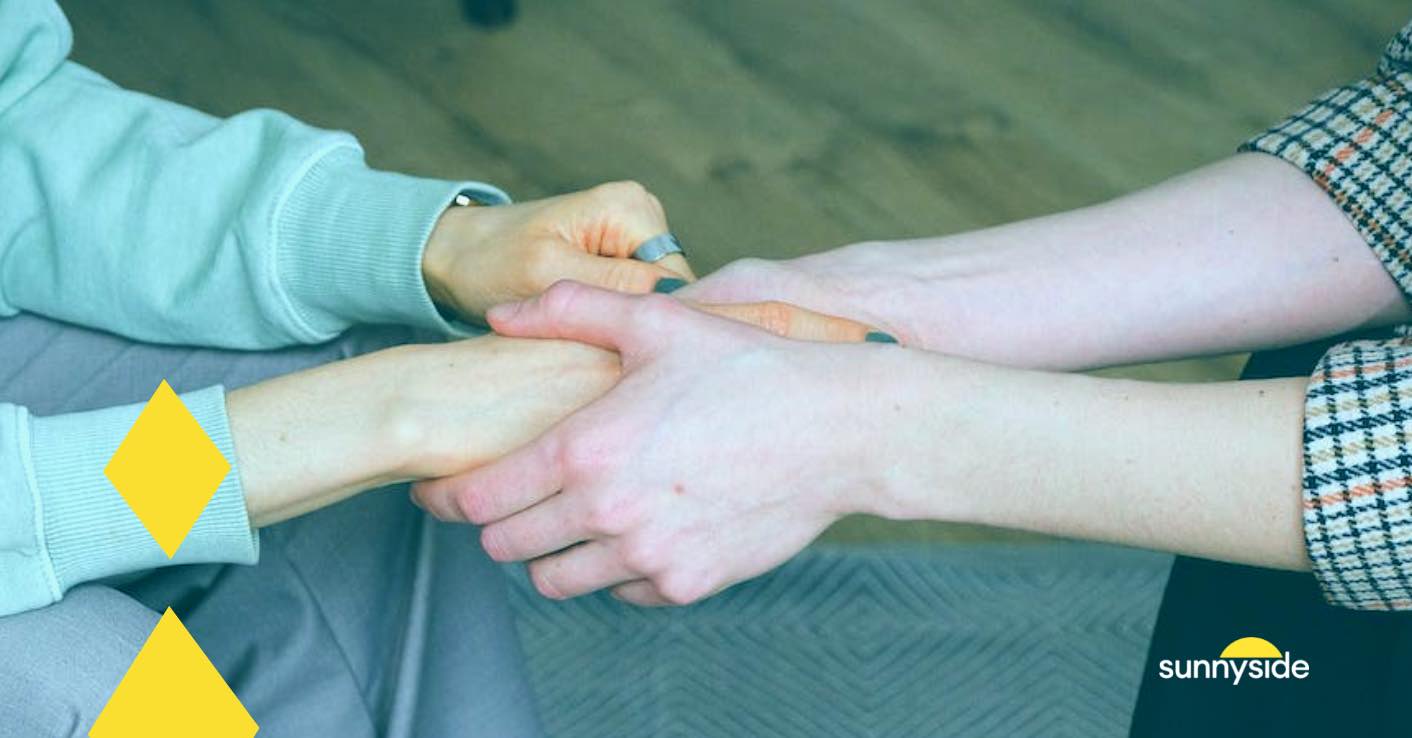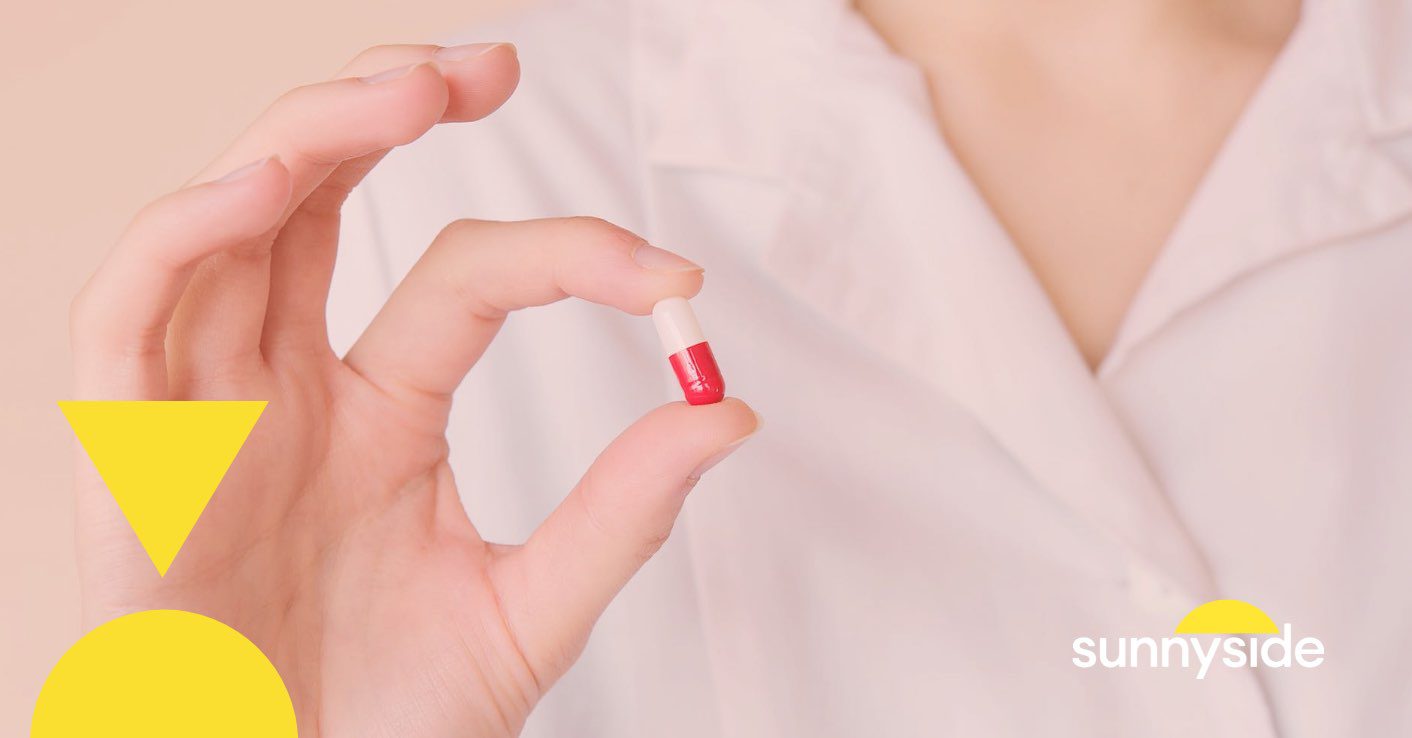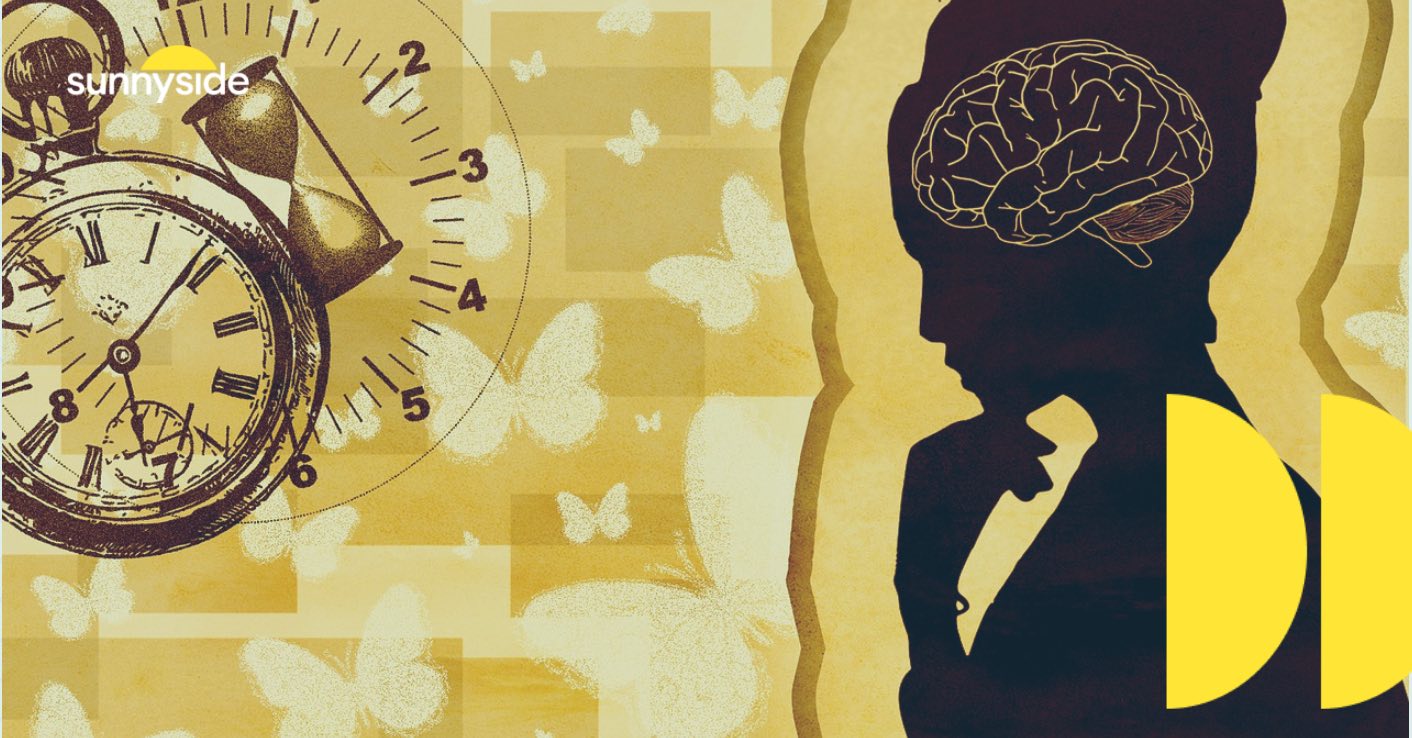
How to Drink Less Around Friends Without Making It a Big Deal
Ever felt confident about cutting back on drinking but stumbled as soon as friends and social events came into the picture? it can be hard to drink less around friends

Ever felt confident about cutting back on drinking but stumbled as soon as friends and social events came into the picture? it can be hard to drink less around friends

Even if you think there’s no way you could be an alcoholic, going through this article might help you reflect on your own drinking habits as well as the habits of those around you. We will also discuss some modern support systems that can help with moderation, depending on your needs or your loved ones’ needs for support.

A bad day at work, a fight with your partner, or just the monotony of everyday life can all lead us to drink — maybe without even thinking about it. We live in a world where grabbing a drink is the norm for socializing, celebrating, or coping with stress. So changing these habits, especially if they’re unconscious, doesn’t come easy. With some self-reflection, though, you can identify your drinking triggers and learn strategies to overcome them.

Experts say that if you want to develop healthier habits and improve your life, you should be kinder to yourself. But, how exactly do you do that? If all you know is self-criticism, a kind inner voice isn’t going to pop up out of nowhere.
But changing how you speak to yourself can completely change how you respond to difficult situations and move forward.

If you’re one of the more than 30 million Americans taking antidepressants, you might be wondering if a drink now and then is a problem. After all, alcohol is famous for numbing emotions and it’s everywhere you look, making it hard to say no. But is it safe to mix antidepressants with even one drink of alcohol?

It’s not easy to cut back or stop drinking alcohol for people with mental health conditions. But with ADHD, it gets even harder. Currently, anywhere from 140 to 366 million adults worldwide are managing ADHD. And this neurodevelopmental disorder often comes with symptoms like inattention, hyperactivity, and impulsivity — behaviors that alcohol also affects.
Sunnyside is a system for creating a more mindful approach to drinking to help you reach your goals. Our members are seeing major benefits, including a 30% average reduction in weekly drinks, improved sleep, a healthier diet, money saved, and an overall improved sense of well-being.
Sunnyside is not designed to treat alcohol use disorder (AUD). For resources related to AUD, including how to get support, please visit the NIH website. We’ve also partnered with Moderation Management, a non-profit dedicated to reducing the harm caused by the misuse of alcohol.
Sunnyside is a system for creating a more mindful approach to drinking to help you reach your goals. Our members are seeing major benefits, including a 30% average reduction in weekly drinks, improved sleep, a healthier diet, money saved, and an overall improved sense of well-being.
Sunnyside is not designed to treat alcohol use disorder (AUD). For resources related to AUD, including how to get support, please visit the NIH website. We’ve also partnered with Moderation Management, a non-profit dedicated to reducing the harm caused by the misuse of alcohol.